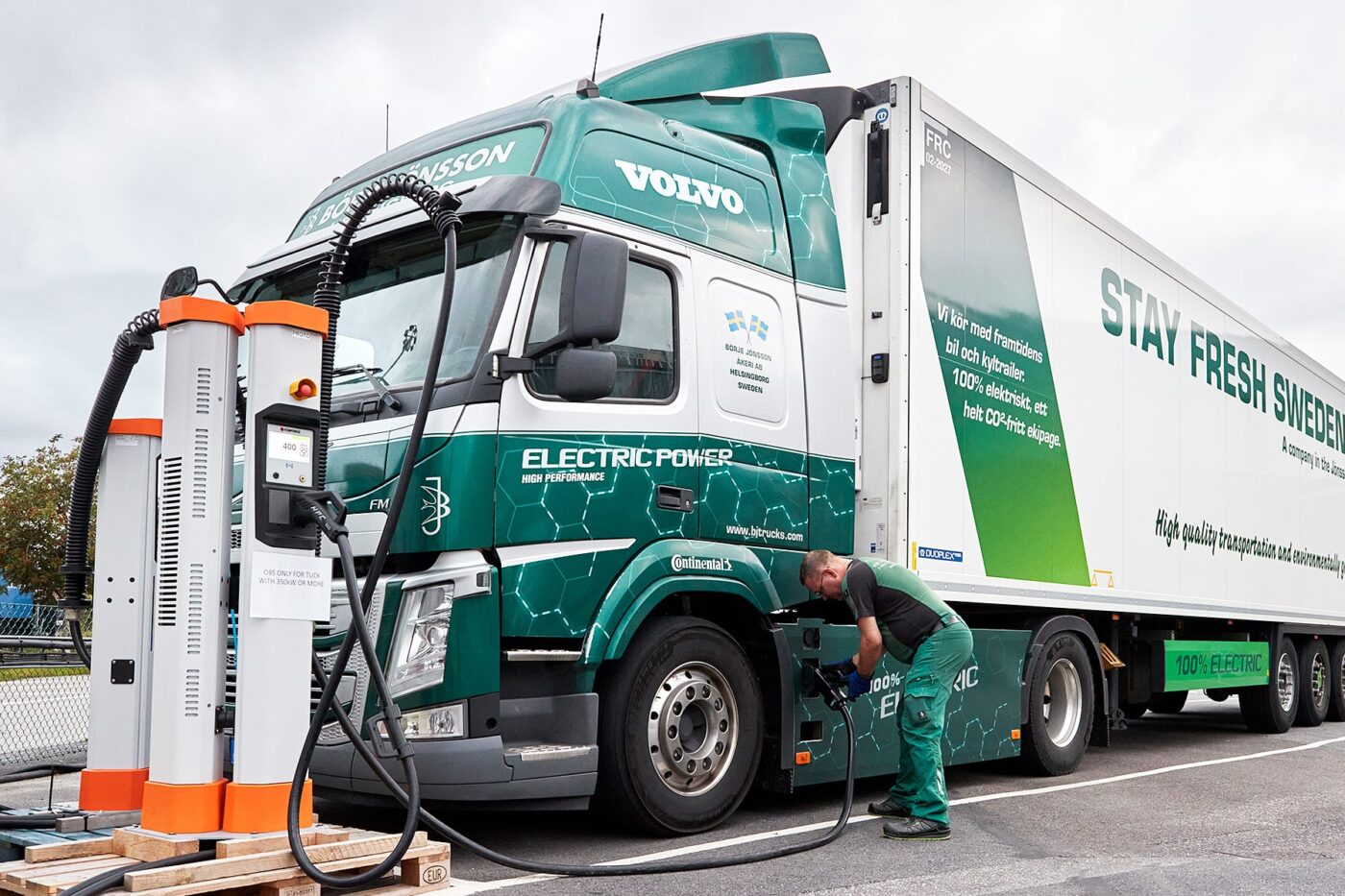EU Parliament votes against complete ban on combustion trucks
MEPs agree with the Commission’s proposal presented in February that only zero-emission new city buses should be allowed from 2030. However, they proposed a temporary exemption until 2035 for city buses powered by biomethane, subject to strict conditions.
For medium and heavy-duty trucks “including professional vehicles” such as refuse collection vehicles, tippers or concrete mixers and coaches, the Parliament’s vote stipulates that CO2 fleet emissions must be reduced by 45% from 2030, 65% from 2035 and 90% from 2040 – the base year in all cases is 2005. These targets are also in line with the EU Commission’s proposals.
Incidentally, the position paper was adopted with 445 votes in favour, 152 against and 30 abstentions. With this position, the EU Commission and Parliament can now enter the final negotiations on legislation with the EU Council – the body in which the member states are organized. The EU member states, on the other hand, even want to postpone the phase-out of combustion engines in city buses from 2030 to 2035.
Conservative politicians bring e-fuels back into discussion
“The transition to zero-emission trucks and buses is not only key to achieving our climate targets, but also a crucial driver for cleaner air in our cities,” says Bas Eickhout, the responsible parliamentary rapporteur. “We are providing clarity for one of Europe’s largest manufacturing industries and a clear incentive to invest in electrification and hydrogen. We are building on the Commission’s proposal by broadening the scope and adapting several targets and benchmarks to keep pace with reality as the transition is progressing faster than expected.”
According to the Parliament’s wishes, CO2 emissions should therefore fall massively and vehicles should become almost completely emission-free by 2030 or 2040 – but only almost. As Der Spiegel, for example, writes, the MEPs have built in a well-known loophole “at the insistence of the conservatives in parliament”: In the case of commercial vehicles, those vehicles that run on biofuel or e-fuels should also be considered emission-free. The passage was only included in the position paper in parliament. There was no mention of e-fuels in the draft presented by the responsible parliamentary environment committee in October.
The arguments for and against synthetic fuels sound similar to the debate surrounding the use of e-fuels in cars: “Excluding technologies from the outset is the wrong approach,” said Jens Gieseke, the party transport policy spokesperson from the German conservative party CDU in the European Parliament. Green MEP Michael Bloss disagrees: “We don’t see that e-fuels have any future at all. The fossil fuel lobby is torpedoing modernization and risks Europe falling further behind in the race for future production locations.” The Green party is in favour of e-fuels in aviation and shipping, while the party is backing electric drives on the roads.
The position of the Greens is supported by the non-governmental organization Transport & Environment. “Biofuels and e-fuels won’t decarbonise heavy-duty vehicles, but they will allow as many diesel trucks as possible to be sold for decades to come. Oil companies have lobbied hard for this loophole to help keep up demand for its fuel,” said Fedor Unterlohner, freight manager at T&E. Transport & Environment called on the environment ministers in the EU Council to remove the passage on e-fuels.
The Manufacturers’ association ACEA describes the plans as “very ambitious”, particularly given the “inadequate framework conditions”. The industry alone cannot manage the change. The ACEA is calling for close coordination with all those involved in the areas of infrastructure, logistics and public transport – and for government support for the transition.
europarl.europa.eu, transportenvironment.com, spiegel.de (in German)





0 Comments